In Florida, the state’s K-12 curriculum will continue to include a statement that suggests Black slaves could personally benefit from skills developed during slavery.
This decision comes after the Florida Board of Education approved the 2024 social studies standards on May 29. Critics, particularly within the Black community, argue that this perspective distorts historical truths and disrespects the experiences of enslaved individuals.
Covering the 1921 Tulsa Massacre

As well as claims that slaves were able to develop skills that could benefit them, the new and revised curriculum also covers the 1921 Tulsa Massacre.
As part of this teaching, educators have been told to teach students how the violence was perpetrated by and against African Americans.
The 1920 Ocoee Massacre
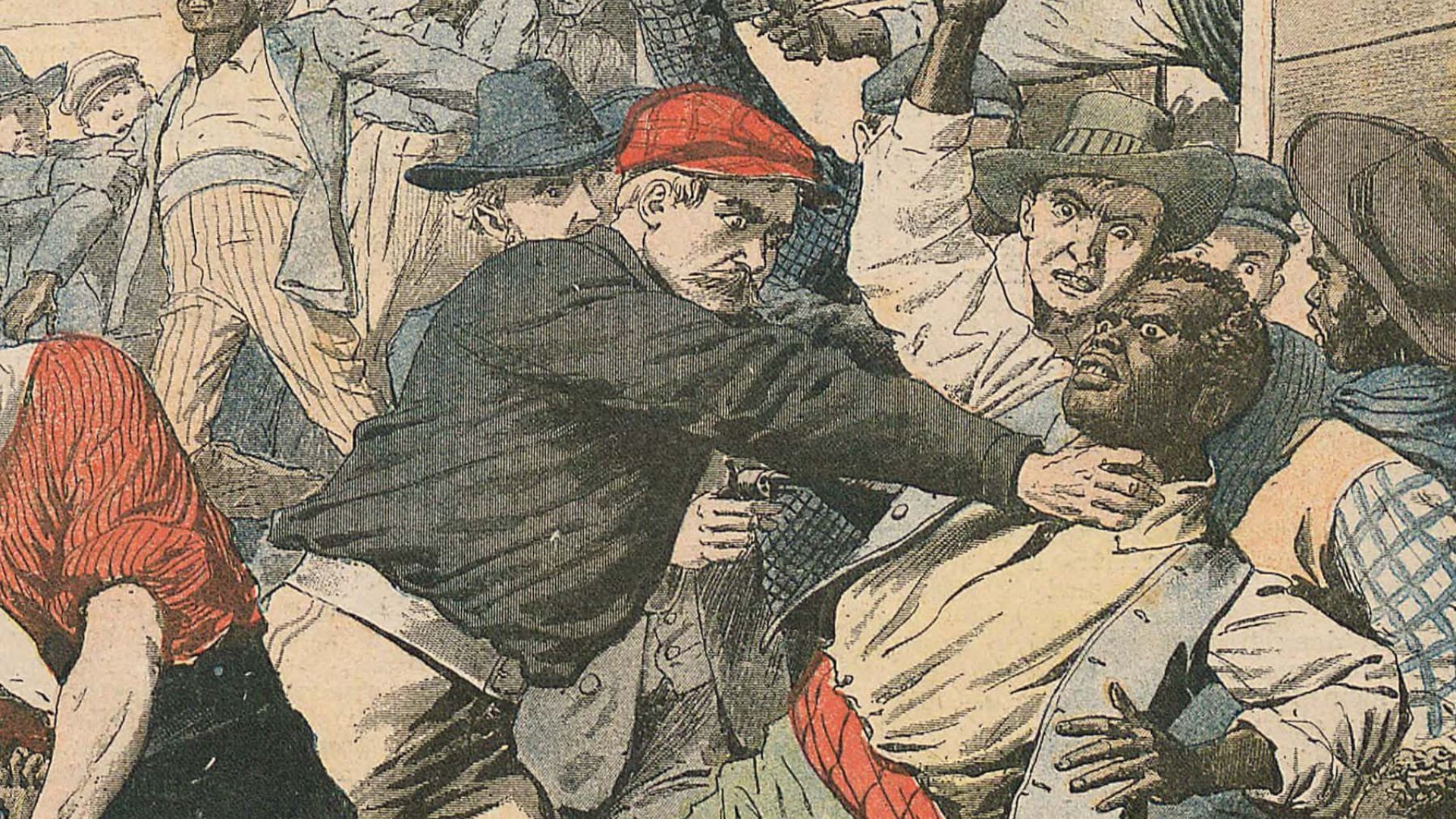
Also a part of the new curriculum is the 1920 Ocoee Massacre. During this, at least 30 African Americans were killed just for attempting to vote.
However, according to the new curriculum, the wording has been made so that it makes out that African Americans were the perpetrators of this violence.
Slaves Were Not Victims

The language that has been used makes it sound like slaves were not victims of what happened to them, even though decades worth of teaching previously made it clear that they were.
Claims were also made that slaves took advantage of the situation they were presented with to be able to benefit themselves and their descendants.
Examples of Successful Slaves
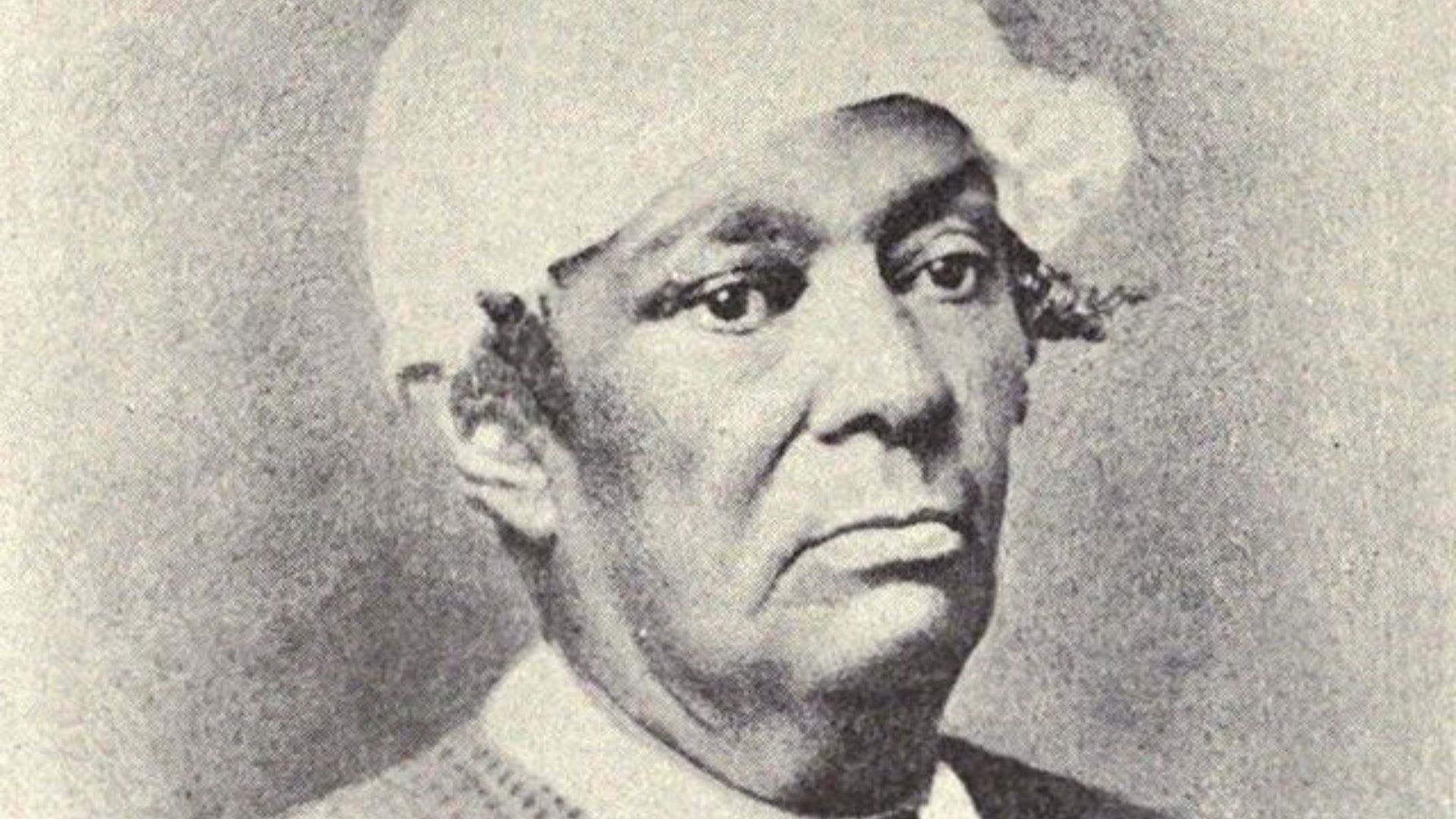
The guidance also gives examples of what it claims to be successful slaves as proof that the guidance is correct.
This includes slaves who have gone on to be blacksmiths, such as Ned Cobb and Henry Blair, fishing and shipping industry workers, such as Jupiter Hammon and John Chavis, and teachers, such as Betsey Stockton and Booker T. Washington.
Opposition from Community Leaders
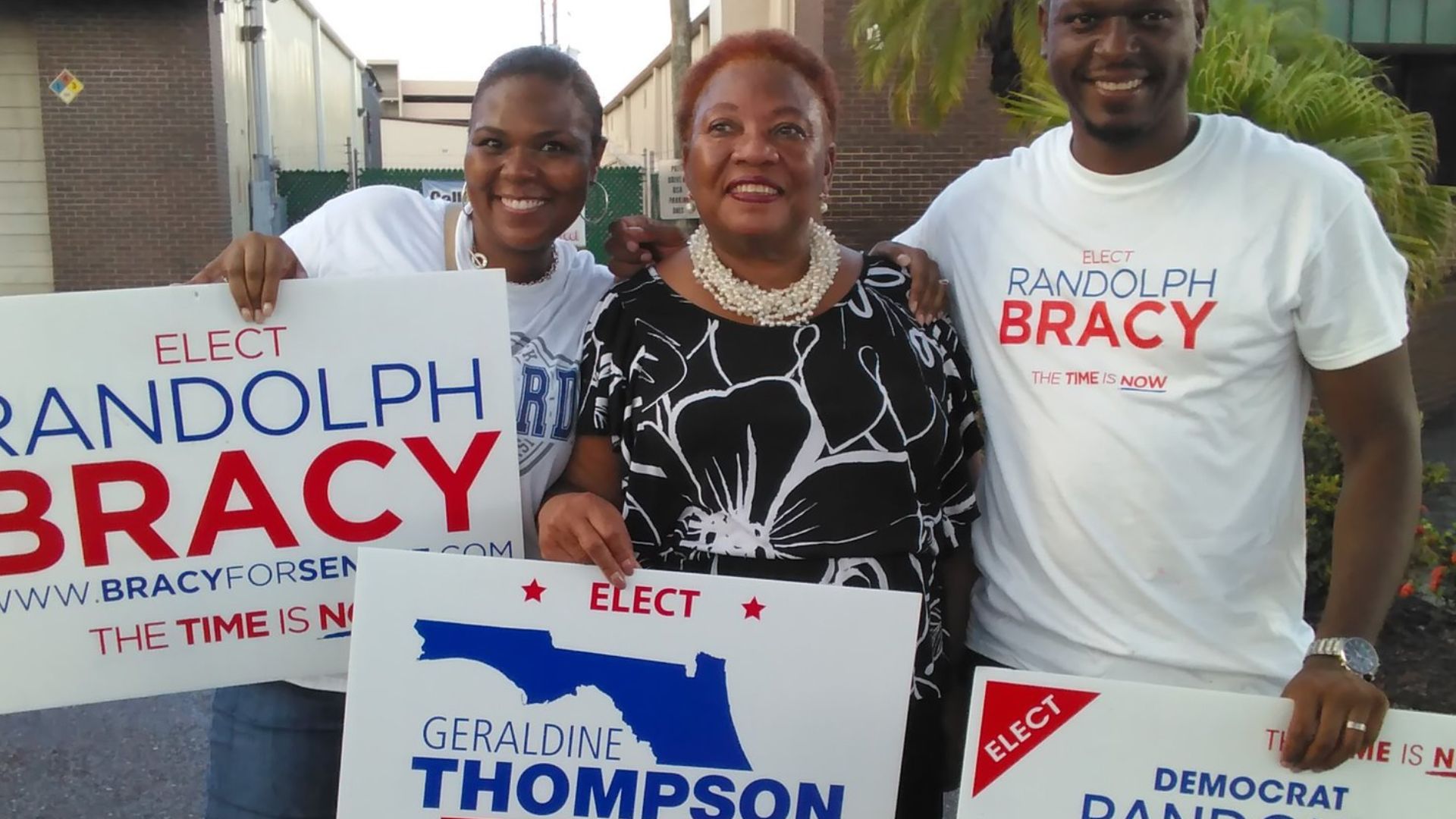
State Sen. Geraldine Thompson voiced strong opposition to the curriculum’s wording, particularly troubled by the portrayal of slavery.
She said, “I’m just baffled because I provided the Department of Education with language that would be less inflammatory and less inaccurate than that statement. It is unbelievable.”
Suggestions Ignored by the Board
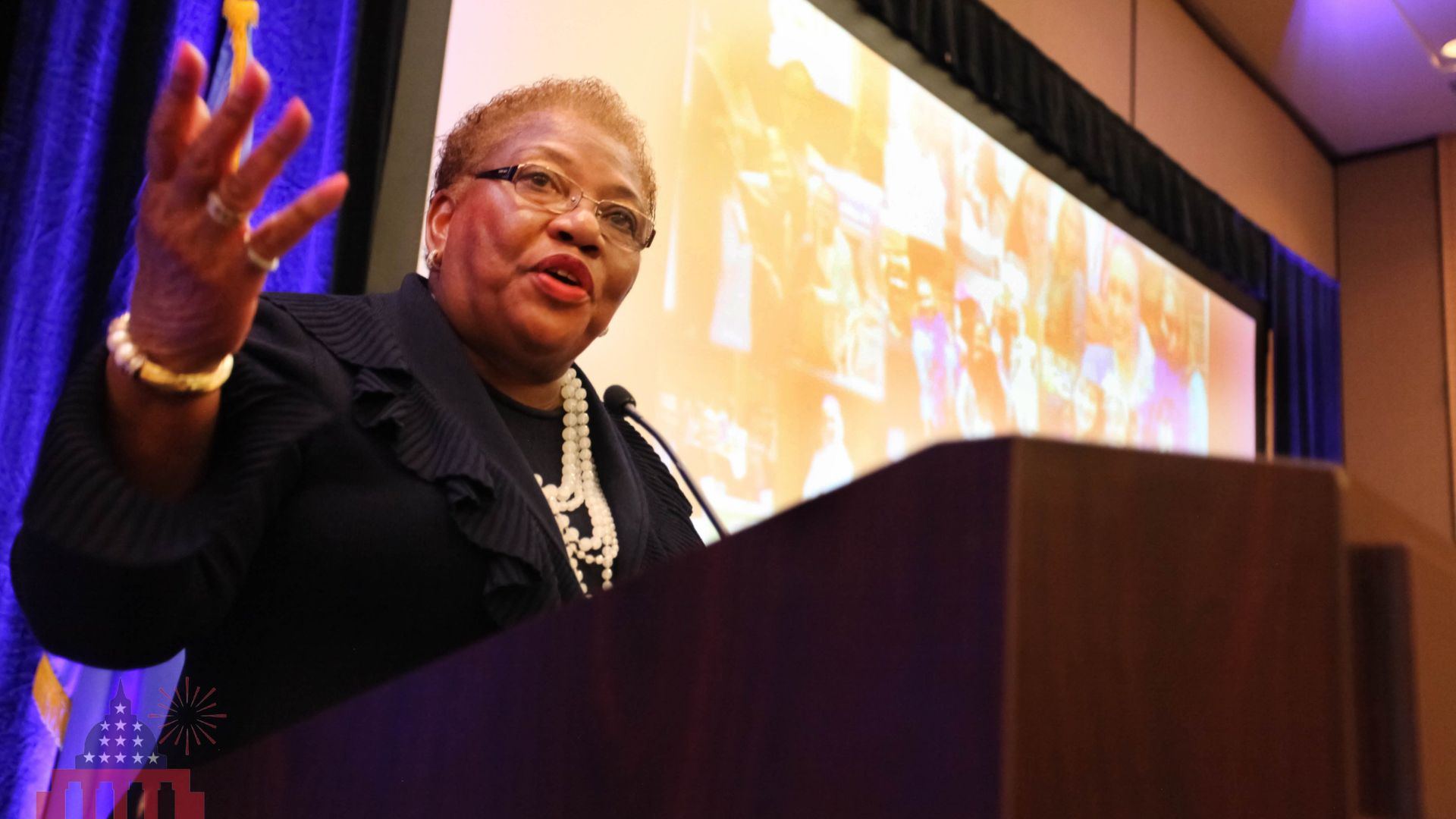
Sen. Thompson expressed frustration over her suggestions being disregarded by the board.
She said, “What I suggested to them was apparently totally ignored,” indicating a disconnect between the educational authorities and the voices of Black leaders aiming to influence the curriculum’s content.
Kamala Harris Has Had Her Say
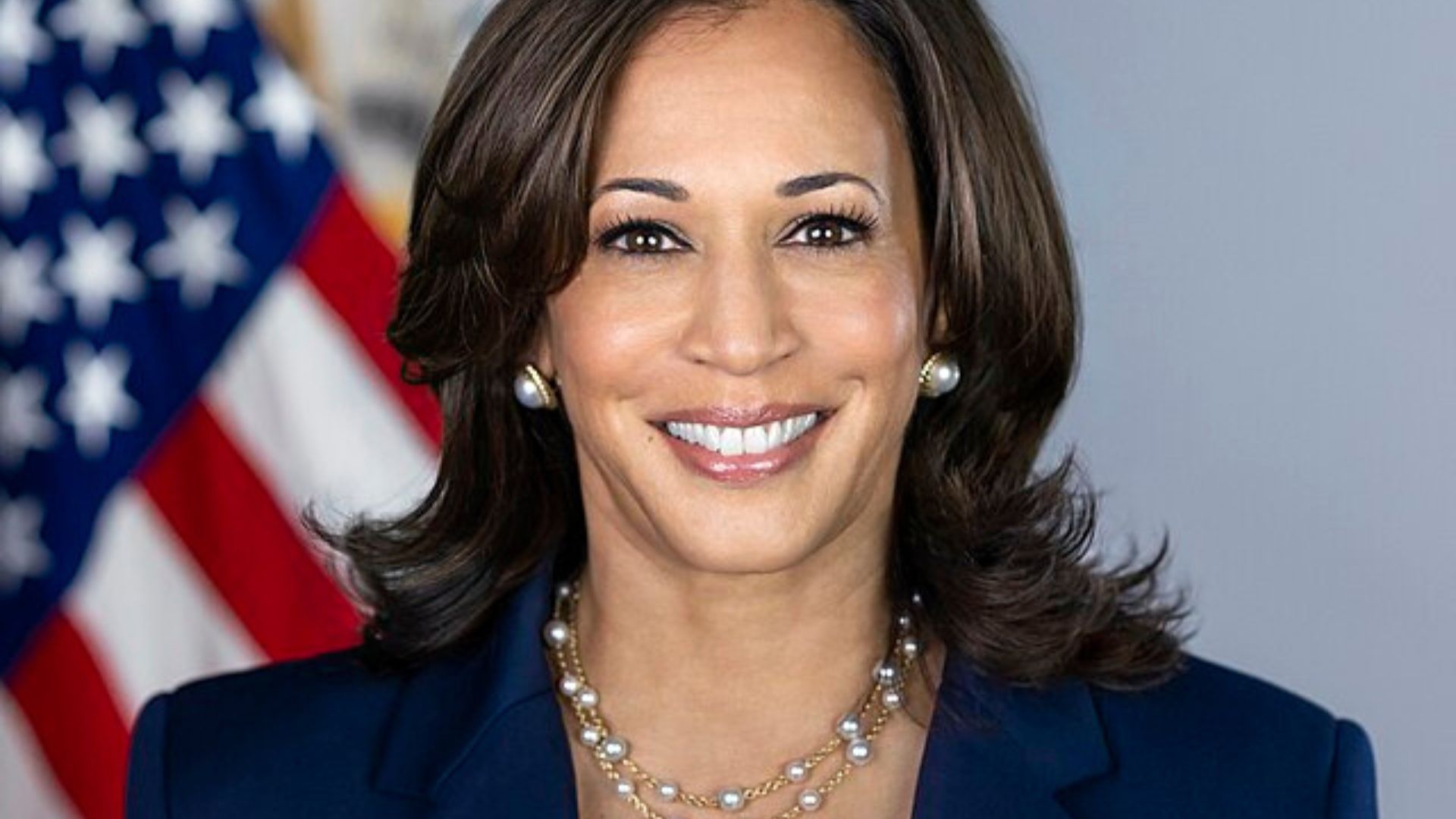
Vice President Kamala Harris has had her say on the curriculum changes, referring to the policy as attempting to “replace history with lies.”
With Vice President Harris making her opposition to Florida’s new education curriculum clear, the future of this curriculum is unknown.
Broader Curriculum Updates Discussed

The curriculum update wasn’t limited to African American history; it included new curriculums for 9/11 Heroes’ Day and the history of Asian American and Pacific Islanders.
However, the changes to the African American history section have drawn the most controversy and discussion among the public and educators.
Florida Curriculum Mirrors the UDC
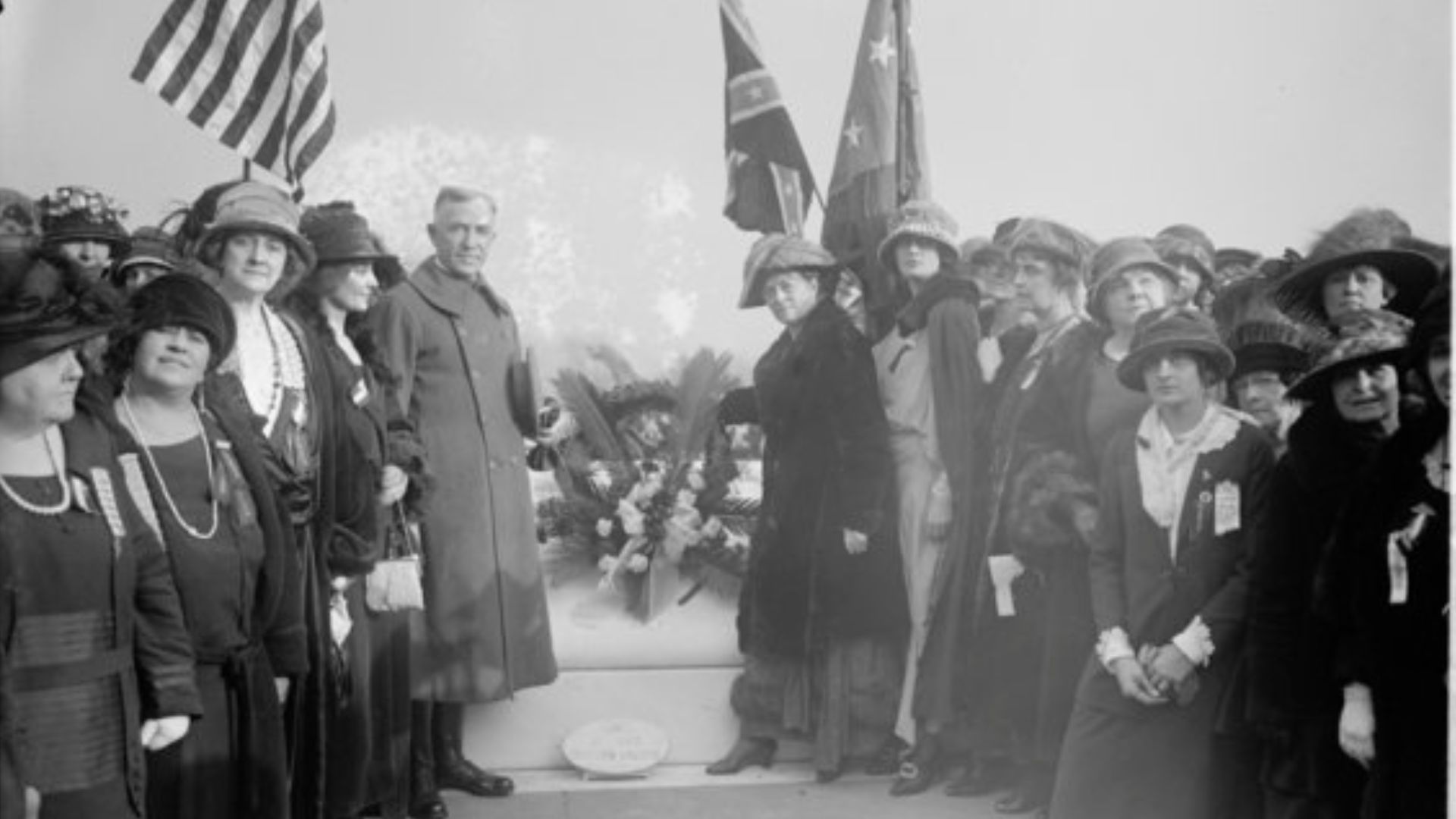
The United Daughters of the Confederacy was a group in the 1950s whose main aim was to reimagine slavery as a benign institution that wasn’t as bad as it was made out to be.
Its teachings were in schools, where claims were made that slave owners would hold picnics for their slaves. 70 years later, Florida has reverted back to following similar teachings.
Ron DeSantis’ Stop Woke Act
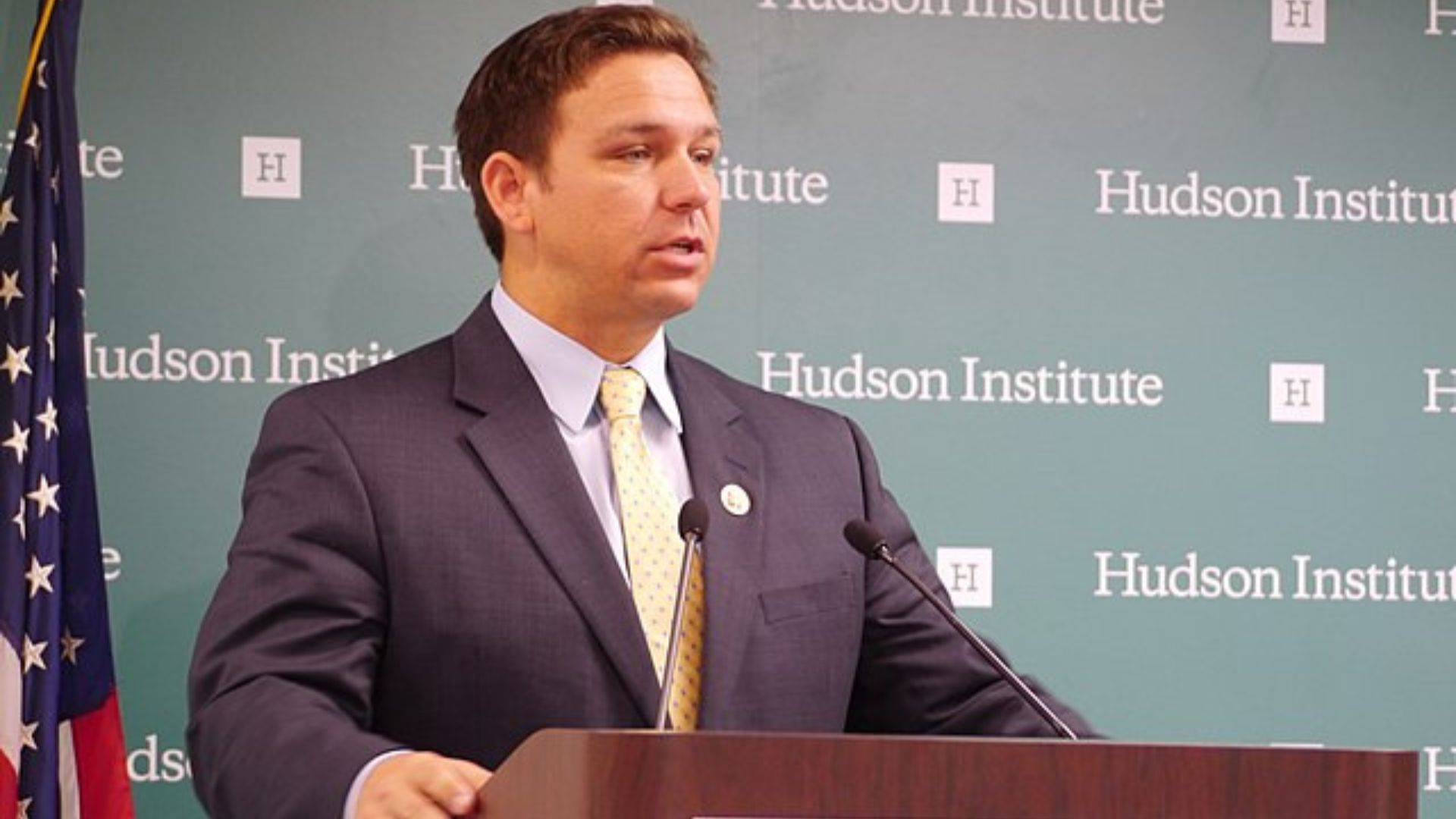
These changes come a year after the signing of DeSantis’ Stop Woke Act, which affects various aspects of life, including education.
It prohibits the teaching of critical race theory in K-12 schools and stops school districts, colleges, and universities from hiring CRT consultants.
DeSantis Backs Homeschools

Despite his backing for the use of certain terms in the curriculum regarding slavery, DeSantis is also a keen advocate of homeschooling.
When children are homeschooled, they don’t have to follow any particular curriculum and it is up to the parents, or whoever is involved in their learning, to come up with the subject matters for their education.
Educational Leadership’s Perspective
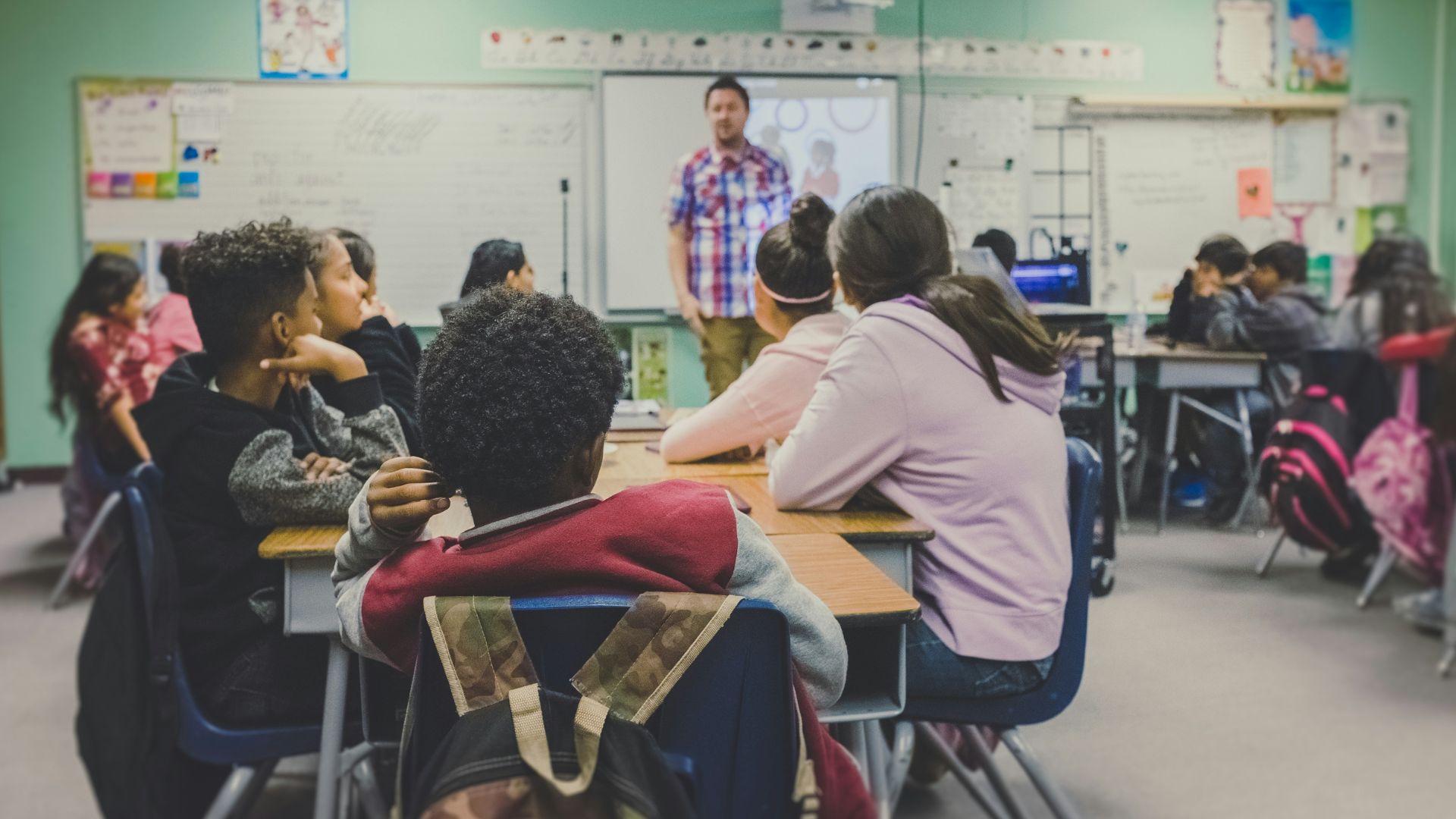
Paul Burns, Chancellor for the Division of K-12 Public Schools, commented on the curriculum update, stating, “These new and revised standards will directly impact student achievement in Florida and will make sure that our teachers have the right standards to engage in high-quality instruction.”
This statement was made in the context of broader curriculum changes across the state.
DeSantis Is Pursuing a Political Agenda
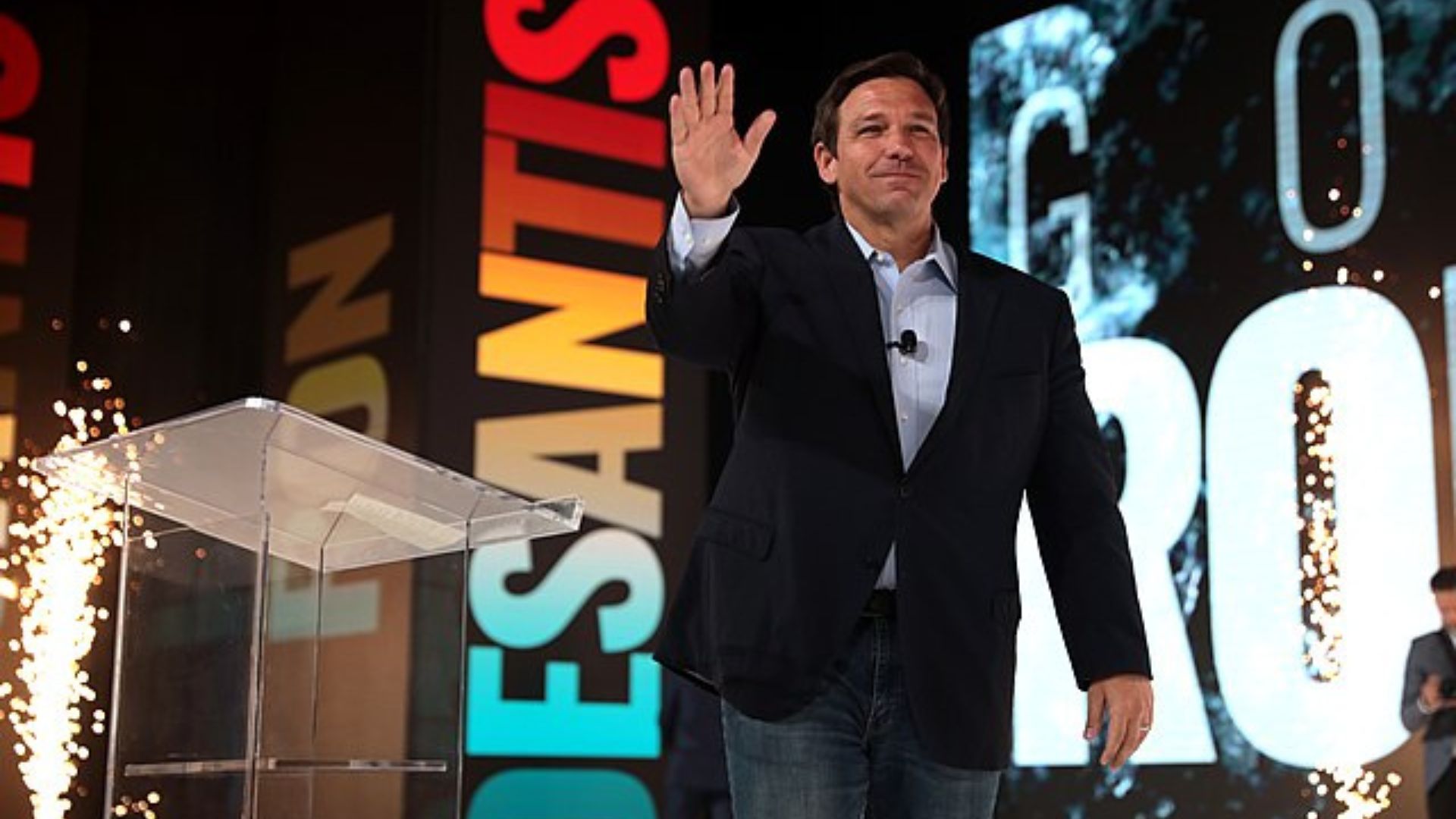
The Florida Education Association (FEA) has opposed these curriculum changes, stating that DeSantis is “pursuing a political agenda” and “cheating our kids.”
The FEA acknowledged that many people are divided, especially at the moment, and that the curriculum should aim to help children solve these divisions when they’re adults rather than deepening them.
The Rewriting of History

One of the other issues teachers and educators are having is DeSantis trying to rewrite history. Unless children do further research, they believe everything they are first taught.
This could lead to a lot of confusion as, for decades, it has been established that slavery wasn’t a benefit to anyone, so for legislators to turn around and claim that it did is a complete 180.
Ongoing Advocacy Against Curriculum Wording

For almost a year, Black communities in Florida, led by their elected officials and religious leaders, have been actively protesting against the inclusion of certain language in the curriculum.
Their efforts are aimed at removing what they see as a misrepresentation of Black history and its impact on students.
Continuous Lobbying for Change

Despite ongoing efforts by community leaders to amend the controversial parts of the curriculum, their suggestions and protests have yet to result in changes.
This ongoing struggle highlights the challenges of influencing educational content at the state level.
Emotional and Educational Impact of Curriculum

The content of the curriculum has significant implications, both educationally and emotionally, for students and the larger Black community in Florida.
The debate over this curriculum content reflects broader discussions on how history is taught and whose histories are emphasized.
Awaiting Official Response

As the debate continues, a response from the Department of Education’s spokesperson is still pending.
The community awaits this response, hoping for a possible reconsideration of the curriculum content amid widespread criticism.
DeSantis Has Provoked Further Controversy
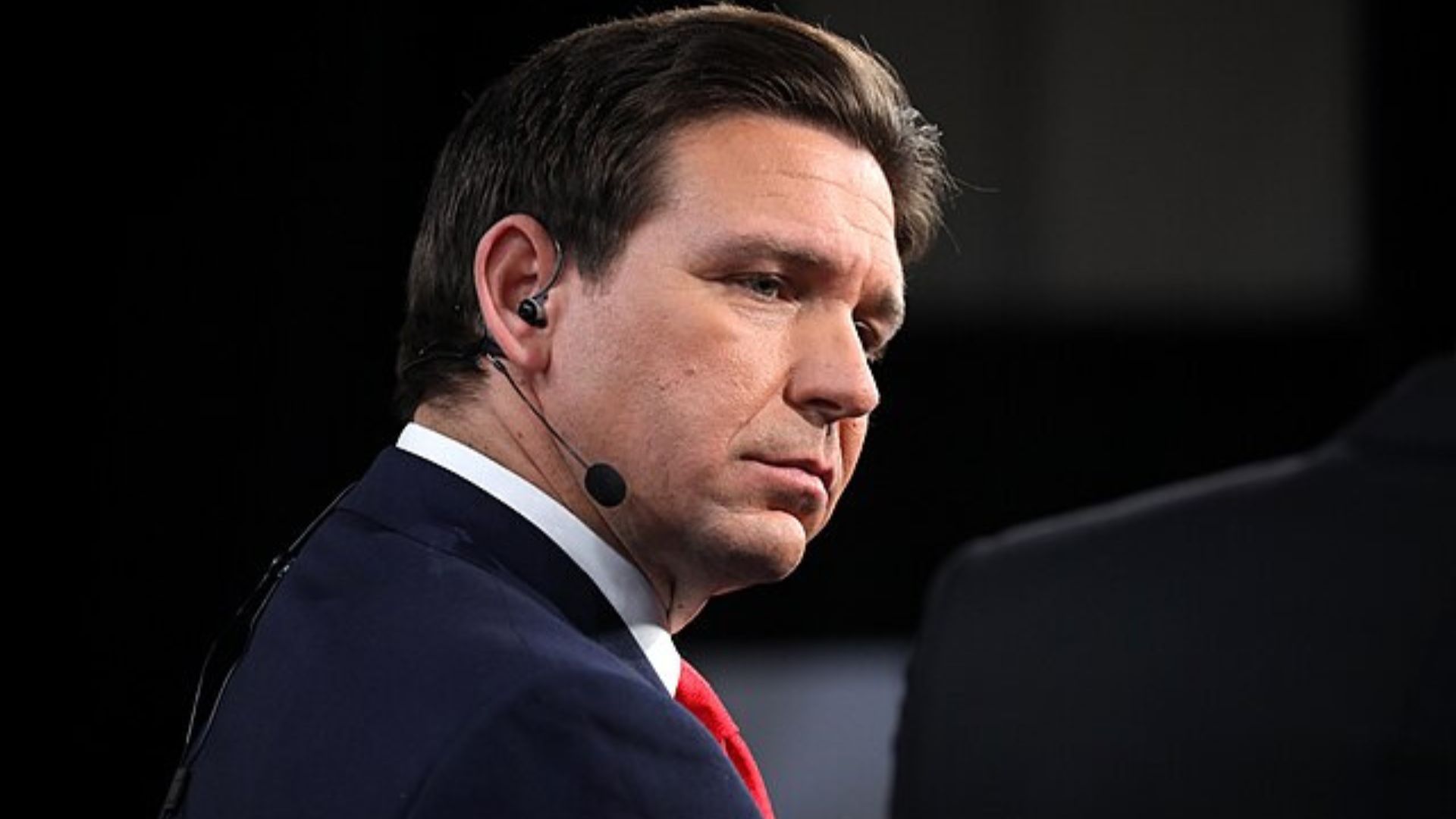
This isn’t the first controversy DeSantis has been at the center of, as he has recently sparked discontent among the LGBTQIA+ community for banning pride colors on Florida’s bridges.
Pride month takes place in June, with many places across the world taking part in pride celebrations. Instead, bridges in the Sunshine State are limited to being lit up in just red, white, and blue.
DeSantis Controversy Over Outdoor Workers’ Rights

A further controversy about DeSantis is that he signed a state law prohibiting outdoor workers from having a right to shade, water, or work breaks on hot, sunny days.
As these workers can suffer severe consequences due to the heat, such as heat stroke, this new law could be catastrophic to them and has led to public cries to change it.
Historical Accuracy vs. Educational Policy
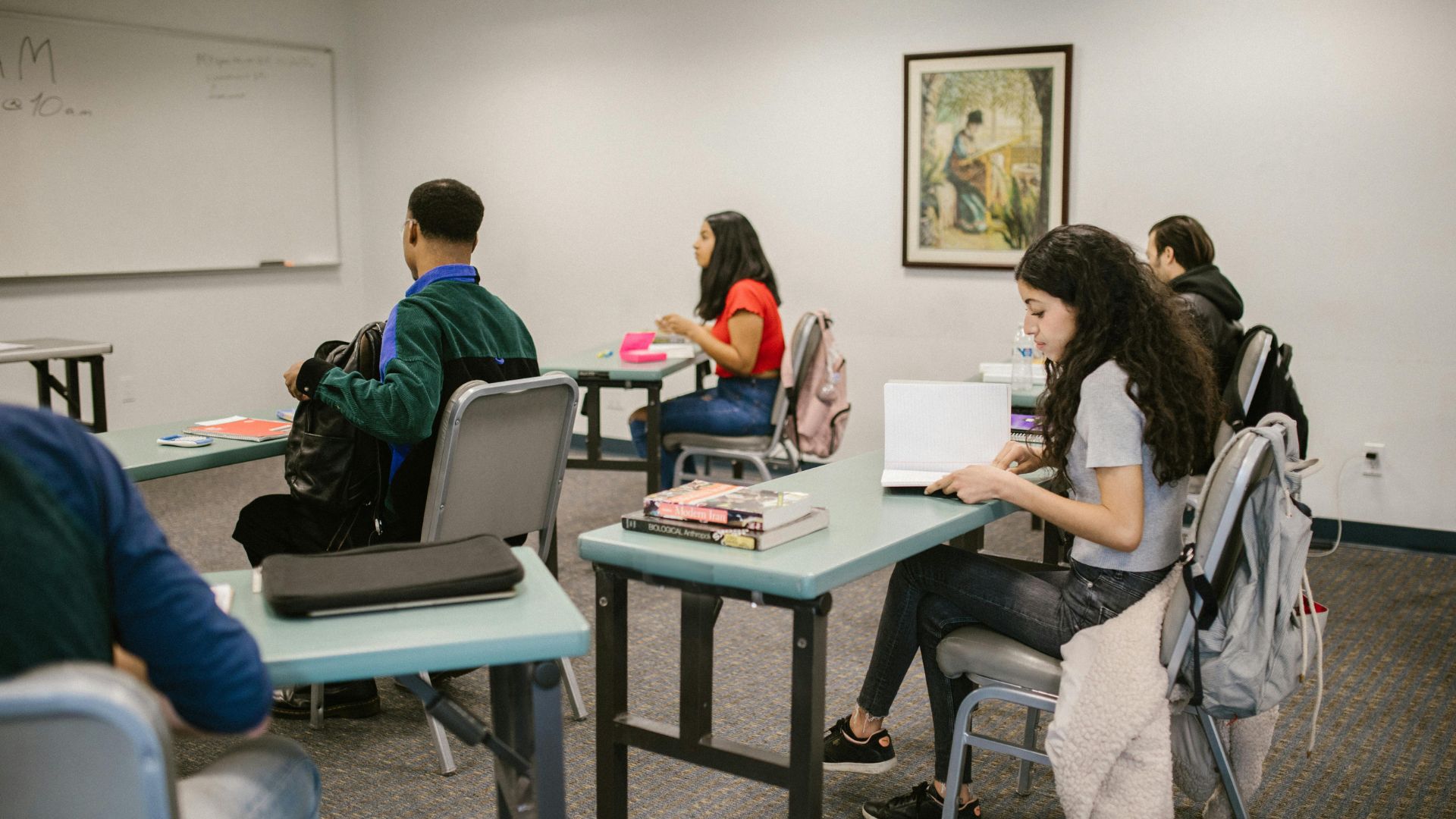
This situation illustrates the ongoing conflict between striving for historical accuracy and shaping state educational policies.
It raises important questions about the role of education in reflecting historical truths versus promoting particular narratives.
Ignored Voices Lead to Widespread Discontent
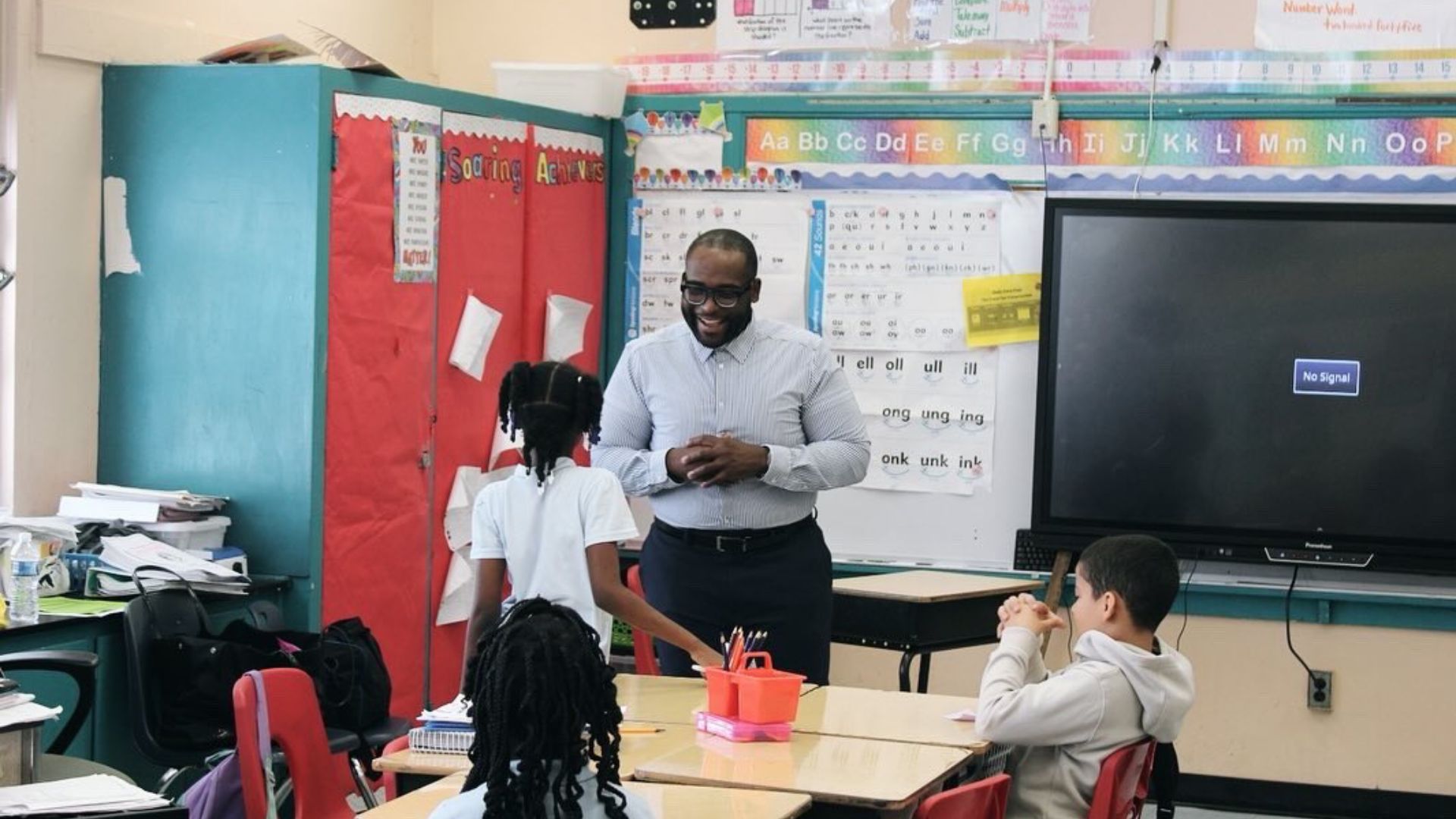
State Sen. Shevrin Jones captured the sentiments of many when he remarked, “The fact that the Board of Education ignored the voices of Black Floridians and Black Americans when it came to us asking for a revision to that language is absolutely unfortunate.”
This statement reflects the frustration felt by many in the community.
Future Steps Towards Educational Inclusivity

Looking ahead, there is a strong call from various community segments for the curriculum to better reflect accurate and inclusive historical narratives.
The goal is for future revisions to align more closely with the factual history of African Americans and to foster a comprehensive educational environment.
